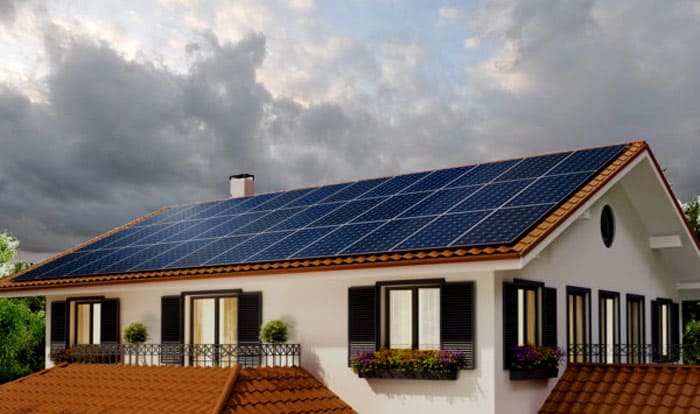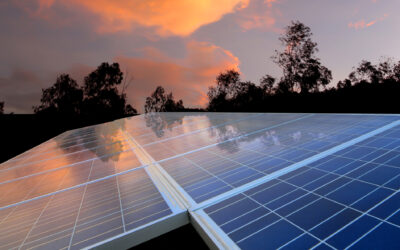Is Your Rooftop Ready? Planning For Solar Power
As the world continues to recognise the importance of renewable energy sources, solar power has become increasingly popular for homes and businesses alike. Solar panels can help you save money on your energy bills, reduce your carbon footprint and increase the value of your property. However, before you install solar panels, there are several things you need to consider, from both an engineering and planning perspective.
Planning and approval
Generally, approval is not needed for the installation of solar panels. However, in some cases there are restrictions you’ll need to know about depending on your property.
Here are some important things to consider before committing to a solar system:
1. Determine your energy needs: Before you start planning your solar panel installation, you should determine your energy needs. This will help you determine the size and number of solar panels you need to generate enough electricity for your home or business.
2. Check local regulations: Regulations for solar panel installation vary from state to state and even from city to city. It’s important to check with your local authorities to ensure that you comply with all regulations and obtain the necessary permits.
3. Consult a professional: It’s always a good idea to consult with a professional solar panel installer to ensure that your installation meets all local regulations and requirements. A professional installer can also help you determine the best location for your solar panels to maximise energy generation.
4. Consider your roof: The type and condition of your roof are important factors to consider when planning a solar panel installation. A sturdy, well-maintained roof can support solar panels for many years. A professional installer can help you determine if your roof is suitable for solar panels.
5. Understand the costs: While solar panel installation can save you money in the long run, it can be a significant upfront investment. It’s important to understand the costs involved in planning, installation, and maintenance before you commit to a solar panel system.
Solar ready roof
A solar-ready roof should include appropriate pitch, orientation and shading, as well as sufficient structural support and electrical access. When you come to the party with a solar-ready roof, you make it easier and more cost-effective to install a solar panel system in the future
There are several benefits of a solar-ready roof, including:
- Reduced installation costs
- Faster installation
- Increased home value
Tips for a Solar-Ready Roof:
1. Choose appropriate roofing materials: Some roofing materials are more suitable for solar panel installation than others. For example, metal and tile roofs are more effective than asphalt shingle roofs, which can deteriorate over time.
2. Ensure proper ventilation: A solar-ready roof should have proper ventilation to prevent moisture buildup and prolong the life of the roof.
3. Consult with a professional installer: A professional installer can help you design a solar-ready roof that meets your specific needs and preferences.
Ensuring your roof is ready for solar has a huge impact on the success of your solar system and your satisfaction with your investment. Through considering both the planning and approvals side of your installation and the structural design of your roof, you can ensure your home is solar system ready.
Related Posts

Solar Power and Sunlight: What Happens On Cloudy Days?Reduce Carbon Emissions With Solar Power
It’s without question that solar panels work their best when in direct exposure to the sun. In fact, the beauty

Reduce Carbon Emissions With Solar Power
With many every-day living costs on the rise for home and business owners, investing in solar panels is a clever

Rooftop Rumours: Busting the Top Six Myths about Solar Power
1. As technology improves, solar panels will become cheaper, so I should wait to buy mine While in recent years,
